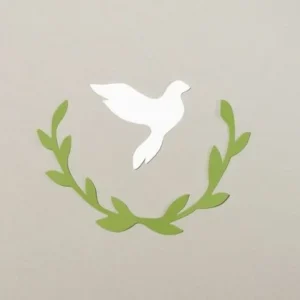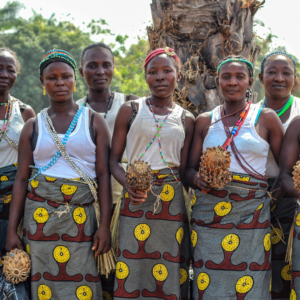Women and girls around the world have been sending clear calls for peace, and UN Women channels these messages into its work. Evidence shows that when women are included at the negotiating table, peace agreements are more likely to be inclusive, durable, and sustainable. However, 25 years after the launch of the Women, Peace and Security (WPS) agenda, governments are still falling short in fulfilling their commitments to ensure women’s equal participation in peace processes.
The WPS agenda was launched on October 31, 2000, when the United Nations Security Council adopted resolution 1325. This resolution acknowledged the unique and devastating impacts of conflict on women and girls and established that their meaningful participation in peace processes is essential for preventing, ending, and recovering from conflict. Since then, ten UNSC resolutions on WPS have been adopted, binding UN member states to integrate gender equality into peace and security efforts.
The agenda is structured around four pillars: prevention, protection, participation, and relief and recovery. Prevention emphasizes avoiding conflict and preventing violence against women and girls. Protection focuses on safeguarding their rights and safety, particularly from sexual violence. Participation ensures women have meaningful roles in decision-making at all levels, making peace processes more inclusive and legitimate. Relief and recovery recognize women’s critical role in post-conflict rebuilding, providing essential support for communities and addressing specific needs during crises.
Over the past 25 years, progress has been notable. In Colombia, women peace negotiators helped end the civil war and are shaping transitional justice. Women-led organizations continue to support communities in conflict zones such as Afghanistan, Gaza, and Sudan. In Ukraine, women are on the frontlines, protecting their communities. Gender parity and quotas are enhancing women’s influence in security sectors, while societal norms in military, police, and peacekeeping are slowly shifting to support women and caregivers. Crimes against women in conflict are increasingly prosecuted, and activism against war and weapons continues globally.
UN Women has been central to advancing the WPS agenda by amplifying the voices of women and girls, documenting war crimes, investing in women-led peacebuilding initiatives, supporting policy reforms, and funding grassroots organizations. The agency also collects and shares critical data to strengthen global knowledge on WPS.
Despite progress, significant gaps remain. While 115 countries have national action plans to implement WPS, funding is often inadequate. The upcoming 30th anniversary of the Beijing Declaration underscores the urgent need to fully finance these plans and support women’s frontline organizations. Achieving lasting peace requires fully integrating women’s participation into peace processes and ensuring that gender equality is a central, sustained social movement. The message is clear: when women lead, peace follows—but global leaders must act to make it a reality.







